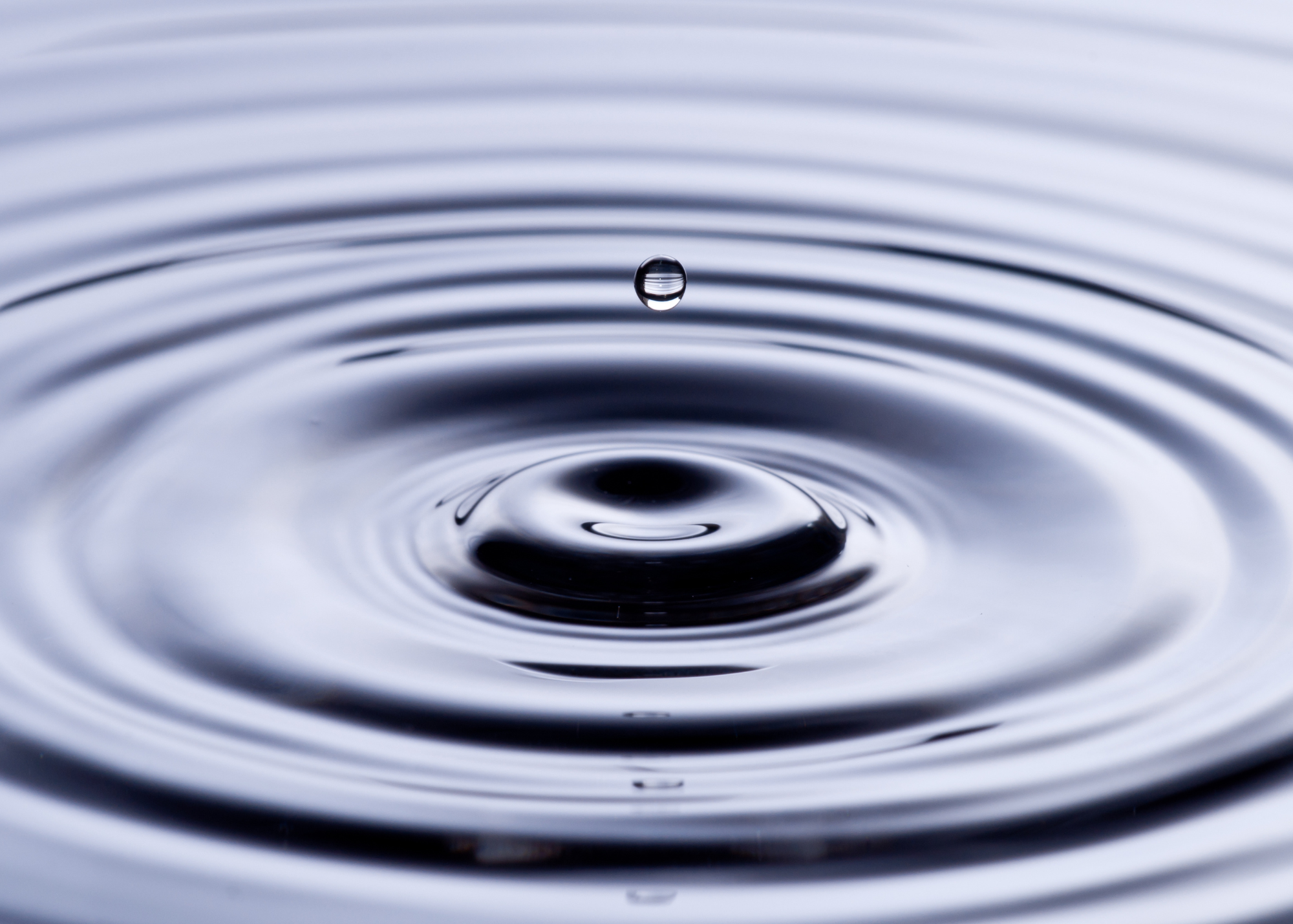
Vol. 21: Turning Hope Into Action (for the Children’s Sake)
Last weekend I posted a photo of my son and me to my Facebook page with a caption that exposed the recent highlights of elementary school bullying that my son experienced.
It started last year in his kindergarten class, but I only became privy to it a few weeks ago.
Hands down, one of my biggest fears about becoming a parent was what I would do the first time a classmate, playmate, or even a grown-up picked on my son in a way that could damage his fragile well-being.
When I got pregnant, I knew little to nothing about children—not physically, not psychologically. What I did know, however, was that one day the tiny, alien-like person the labor and delivery nurse placed on my chest the day after Valentine's Day six years ago would grow into a walking, talking boy with big feelings and small confidence.
The Facebook post garnered the attention of a few outspoken moms who related in one way or another to my experience by proxy.
One of those comments stood out to me. In so many words, a friend questioned how we, as moms and dads, bring ourselves to refrain from retaliating against the little shit-talkers who terrorize our kids.
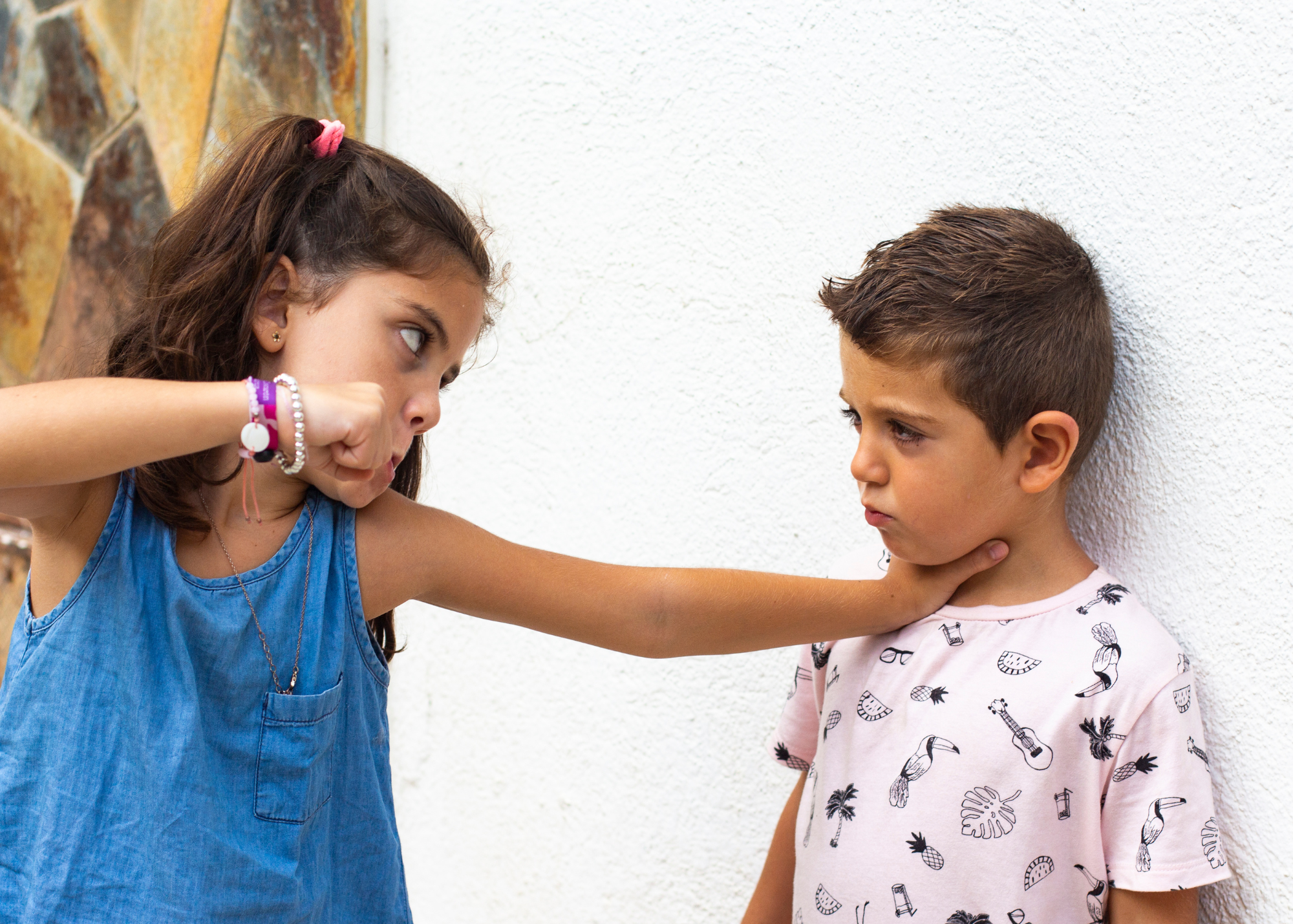
It's hard work handling these situations with grace; stopping yourself from punching a snide twelve-year-old who inherited his condescending vernacular from his misogynistic male role model right in the pearly whites.
But if you want to avoid a stint in county lockup, and aggressive community backlash, don't do it. Instead, be the actual adult in the equation and take the high road.
So, what can we as parents do to stand up and advocate for our adolescent children without causing more harm than good?
How can we be the change we want to see in other people's children?
How can we influence our peers to teach their kids to be nice people, with the promise we'll return the favor?
We must do better.
"I hope my daughter isn't tackled on the playground today," isn't cutting it.
"I hope he knows how much we love him and how preciouss he is to us," isn't keeping fourth graders from hanging themselves from their bunkbeds, leaving behind notes crying out for the help it's already too late to give them.
So, I'll repeat myself,
WE. MUST. DO. BETTER.
For our kids and for their kids.
For the collective. For the future of humankind. For mother earth herself.
Raising kind humans matters.
We Are What We Eat
I hope you're not expecting a section about reboot food pyramids designed by a crunchy mom or how to sneak veggies into the chocolate cake without your kids noticing.
I'm talking about what we consume. It would behoove us to make sure our chosen food for thought maintains a healthy and nutritous balance.
It seems that every minute of every day—progressing increasingly as technology evolves—we absorb more information, data, and influential content than our human minds can, by design, process at once.
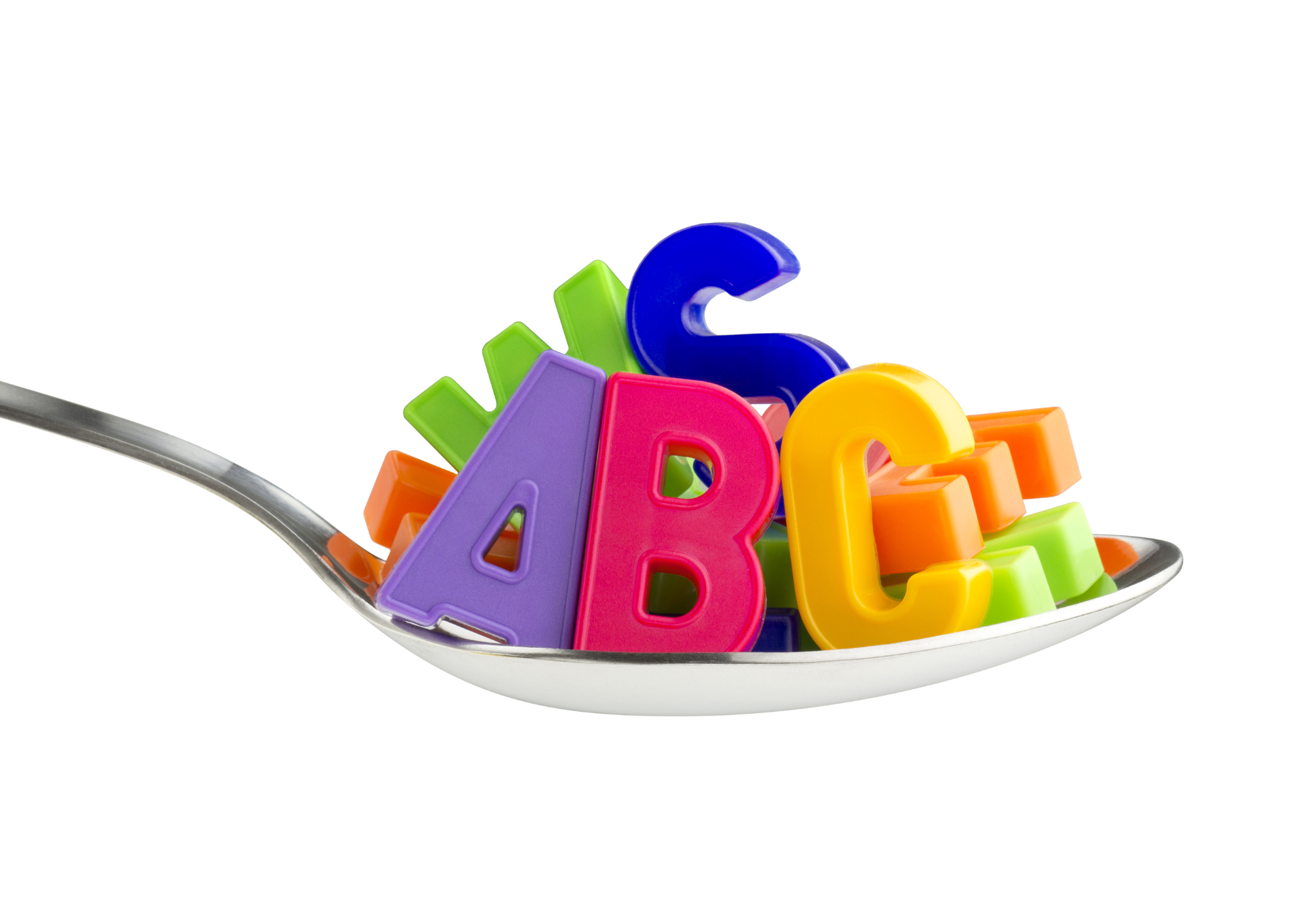
The popular micro-clip video apps are front and center of this digital circus, some of which people have admitted they’re addicted to.
If I'm honest, I held onto the notion that my kid was exempt from falling into such media traps and would watch reruns of Curious George on PBS for the foreseeable future, as he did during toddlerhood.
I couldn't have been more wrong.
First came YouTube Kids, then once he became interested in skateboarding, his dad and I allowed him to access the traditional YouTube platform to watch skate videos.
Before I knew it, he was following the channels of teenage gamers who fill a twenty-minute clip with screen record segments of their gaming adventures, soundtracked with belligerent yelling and slurring at other online players connected to the game. It's a shit show—a loud and unpleasant display of vexation.
And the kid claims to ejoy it.
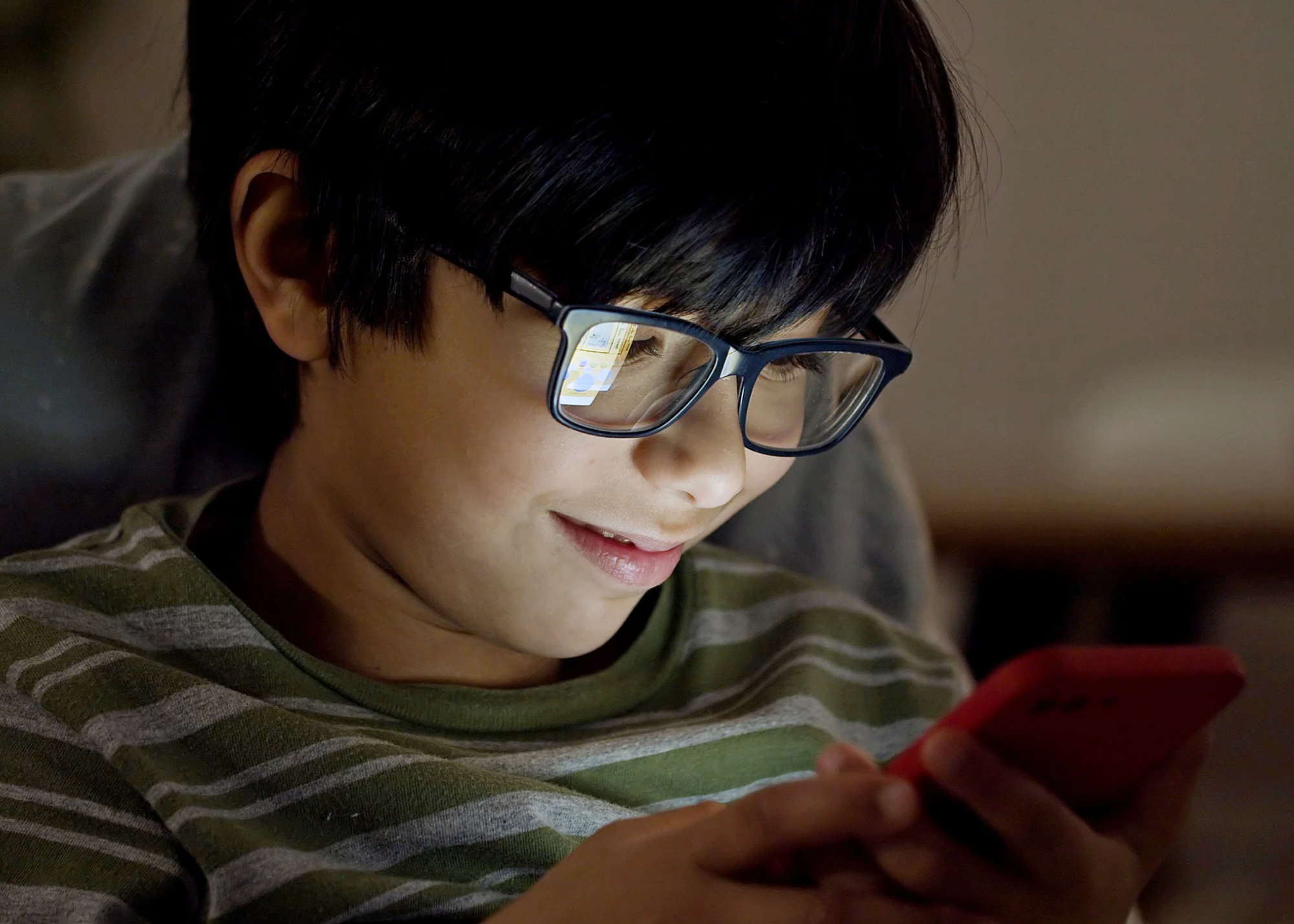
Quickly, I can tell when my son manages to sneak in more than five minutes of this easily accessible garbage because he transforms into one of them—loud, bothersome, aggressive, and unpleasant. He says things he wouldn't have likely told me if he'd been coloring with markers for an hour beforehand instead.
Listen, I know you want to be the cool parent. So do I. And if not to such an extreme, you at least want to be liked by your children.
But this is one of those sacrifices we must make for humanity: Uncover what is influencing your kids to exhibit less than desirable behaviors. Then, nip it in the bud as soon as you safely can.
Please don't raise a dickhead. I'm begging you.
Show, Don’t Tell Kids How to be Kind
To convince a kid that he needs to be friendly and kind, you must first show him how that looks in action.
Are you flipping people off in traffic while your children sit in the backseat?
They can feel your energy even if you don't think your kids are paying attention. In fact, everyone near you can feel it, whether they’re aware of it or not.
Your vibration is powerful. Always be mindful of its frequency.
Hold a door for a stranger, compliment the woman in line in front of you at the grocery store checkout. But, most importantly, teach your kids to do the same, to find beauty in even the most mundane things, and vocalize their admiration for all to hear.
Kindness is contagious; the expression that's evolved into somewhat of a cliche, but it's accurate.
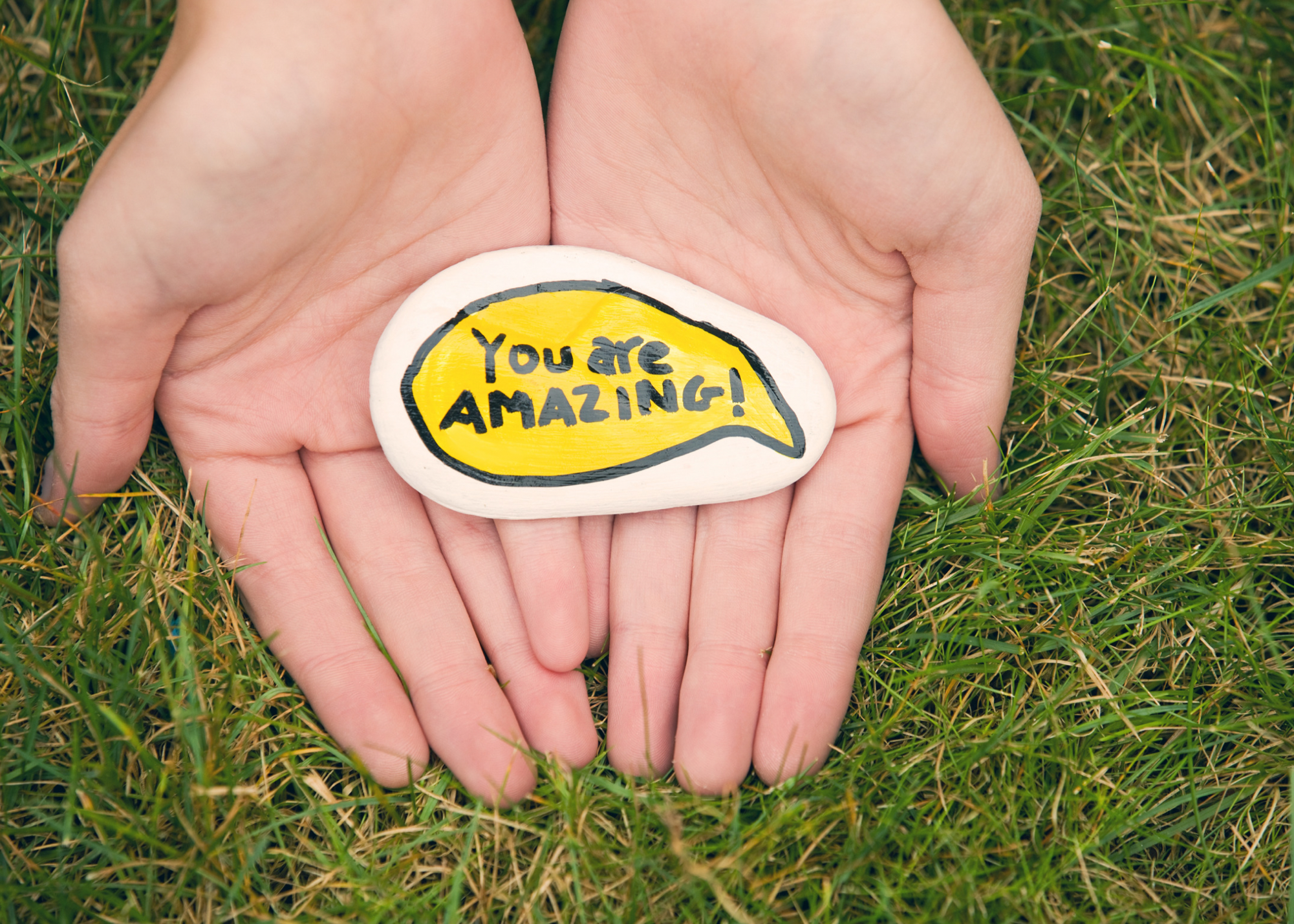
The positive effects of kindness are experienced in the brain of everyone who witnessed the act, improving their mood and making them significantly more likely to "pay it forward." This, in turn, means one good deed in a crowded area can create a domino effect and improve the day of dozens of people!
To quote Dr. Ritchie Davidson, a professor at the University of Wisconsin,
"It's kind of like weight training, we found that people can actually build up their compassion 'muscle' and respond to others' suffering with care and a desire to help."
Dr. Davidson and I implore you to join the Mayo Clinic Health System's Kickstart Kindness program to start your kindness journey. The program offers many ideas on how to extend empathy.
Create an Open Line of Communication
I believe the worst thing we can do for our suffering children, aside from physically attacking another human being, is sweeping the troubles that our kids spill onto our laps under the rug.
After all, we should take anything and everything our children present us with under careful examination. We must handle their feelings, outbursts, and grievances with kid gloves—no pun intended—and reassure them that we hear and see them.
We are their home; we exist not only as their happy place but also as their safe space.
As their parents, we are oftentimes their only natural allies.
Teachers and mentors will come and go, but parents are always, and the dynamic we encompass along with our kids, is precious. Like a thriving garden of beautiful flora that requires consistent watering and sunshine to grow, our kids need us to pour our wisdom onto their budding leaves and vulnerable stems.
We should all work to parlay the importance of integrity to our kids. I do this by reminding my son daily that the way to avoid misery is always to do what he feels is instinctually right and good, even when no one is watching.
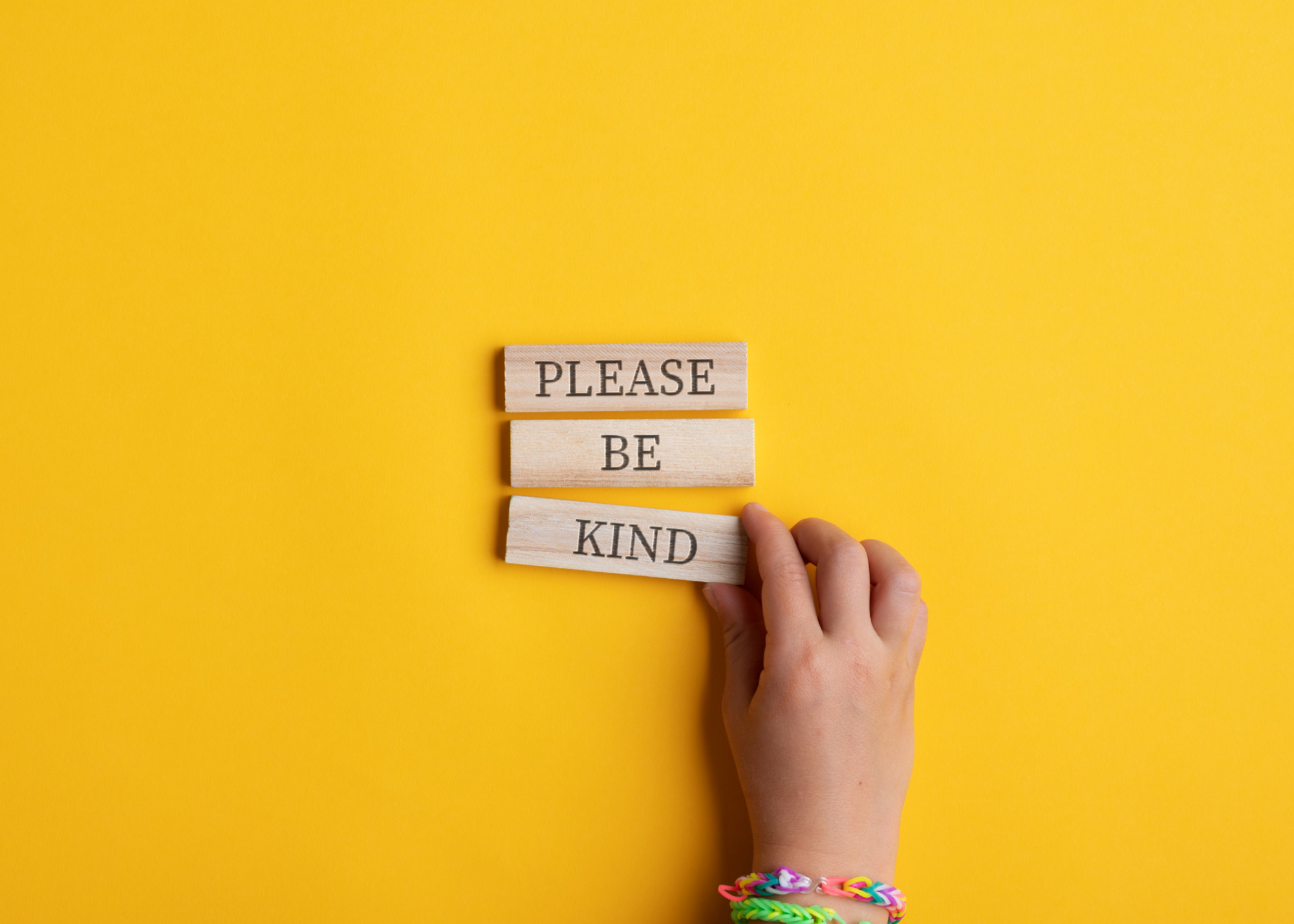
Although my boy has not yet reached the level of emotional intelligence nor fortuitous spiritual understanding for me to successfully explain to him the gears of the wheel of dharma, or the intricate laws of attraction and quantum physics; I can, however, share with him my firm belief that what you do in this life comes back to you, some way or another.
Like the echoing ripple that moves through a body of otherwise still water, whenever my boy skips rocks during a visit to the local nature preserve, every word we speak, every choice we make, and every step we take affects the world around us.
Why not make the splash that carries someone safely to shore rather than into the undertow?
Why not choose kindness over hate; one insult, one bully, one fear factor at a time?
In a world where you can be anything, be kind.
If you're capable of holding onto hope, you're capable of making the neccesaary changes within yourself to turn it into action.
THIS WEEK’S LINKS:
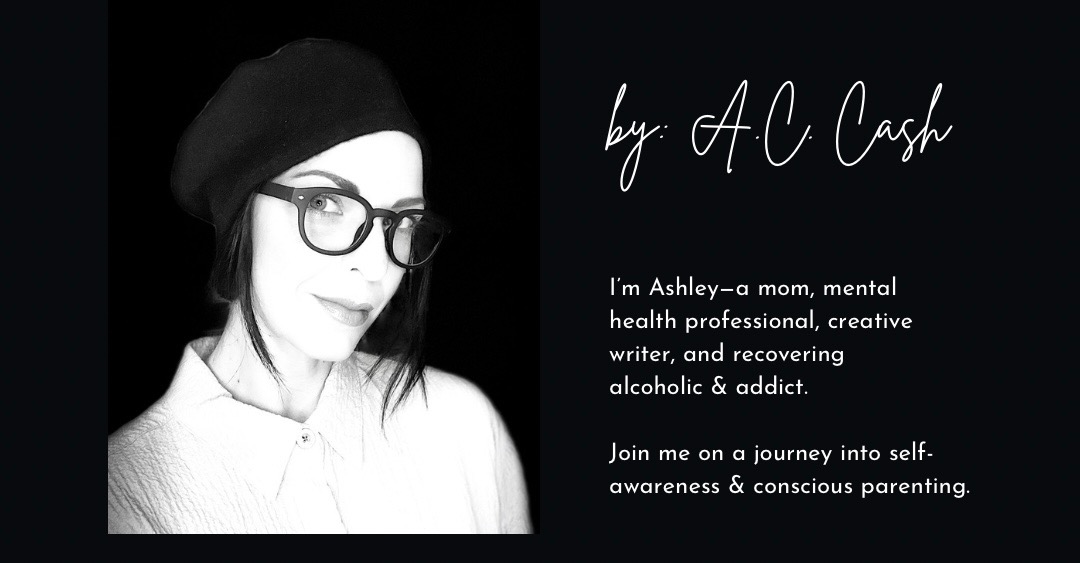
Post a comment